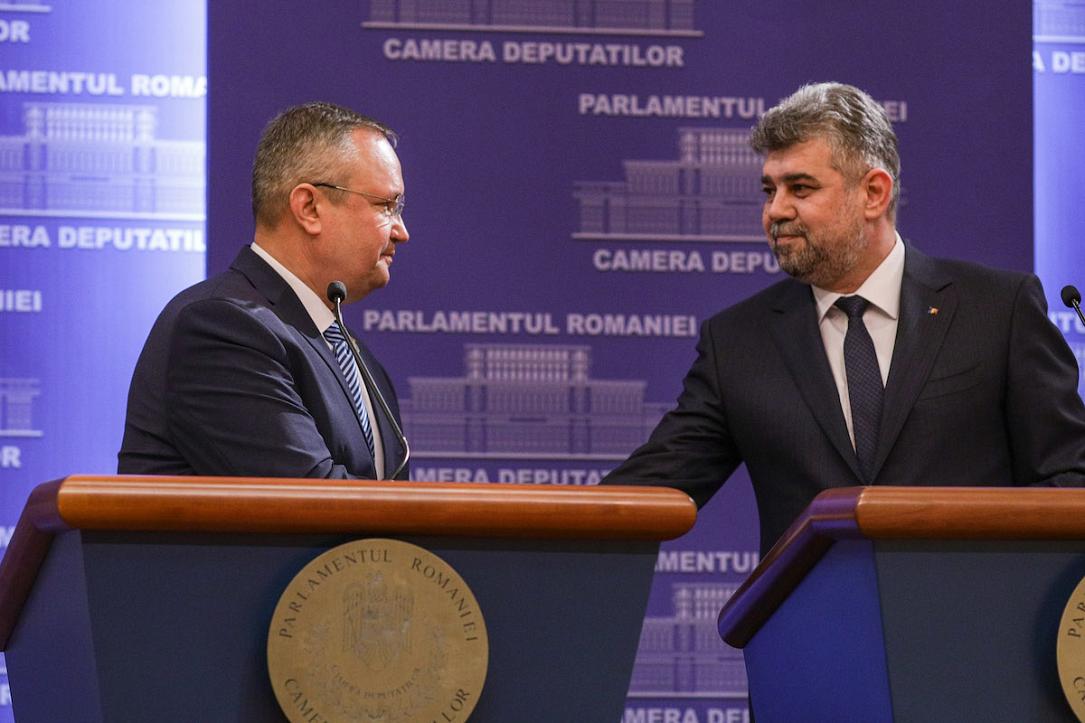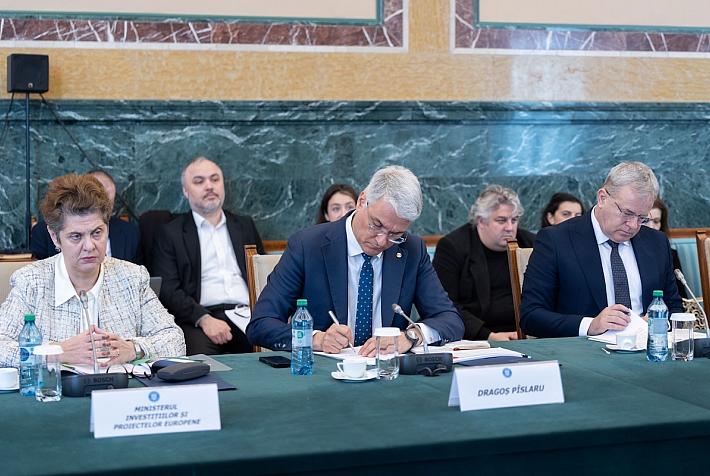Romania's ruling coalition buys time by launching puzzling plans to settle "special pensions" and budget issues

Progressive taxation, the supplementary taxation of wages above that earned by the President, and banning the combination of pension and wage (concomitantly for the same recipients) are scenarios, with various variants, launched by the members of the Romanian government and the ruling coalition recently in a declared attempt to settle both the "special pension" issue and the budget deficit problem.
The undeclared purpose seems, however, to maintain the status quo by eventually endorsing a scenario later rejected by the Constitutional Court (or Presidency).
While failure on some promises included in the national implementation of the Resilience Facility (PNRR), such as terminating the practice of awarding special pensions not based on contributions made during the term in office, may cost the country a certain amount of grants and soft loans, the implications on public finance sustainability are more important.
Even more important, the weak voluntary tax compliance in Romania is not likely to improve as long as the authorities seem unwilling to settle the issue of public sector wages and special pensions in a transparent and consistent manner while maintaining benefits broadly seen as privileges for top public servants or categories of public servants.
iulian@romania-insider.com
(Photo source: Inquam Photos/Octav Ganea)













